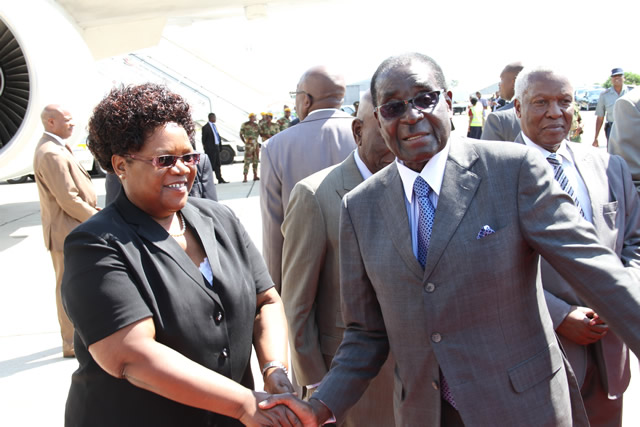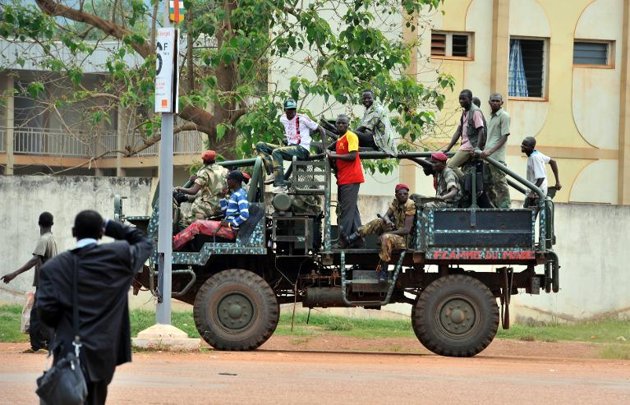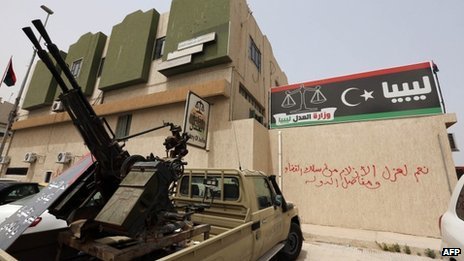By: Danielle L. Gwozdz
Impunity Watch News Reporter, Africa
ADDIS ABABA, Ethiopia– The African Union (AU) will convene an Extraordinary Summit on Implementation of International Jurisdiction, Justice and International Criminal Court (ICC). This is a follow-up to the AU’s Summit in May where it criticized the ICC for “witch-hunting African leaders.”

A possible collective pull-out of the 34 African countries that ratified the Rome statute – the ICC founding charter – will likely emerge among the most contentious points of debate. Zimbabwe is not party to the treaty on the strength of its deep-rooted belief in domestic legal systems.
The AU has decided to set up a contact group of the Executive Council to undertake consultations with the members of the United Nations Security Council (UNSC), in particular, its five permanent members, with a view to engaging with the UNSC on all concerns of the AU on its relationship with the ICC, including the deferral of the Kenyan and Sudanese cases, in order to obtain their feedback.
Some 130 African and international civil society organizations on Monday wrote a letter to African Foreign Affairs ministers, already gathered in the Ethiopian capital, urging them to restate their support to the international court in conformity with the African states’ commitment to protect and promote human rights and end impunity.
The AU has been consistent in its critical stance against the ICC since 2009, when the world court issued a warrant of arrest against Sudanese President Omar Al Bashir.
At the 2009 Summit held in Sirte Libya that year, the Assembly of Heads of State issued a Joint Declaration stating that AU member states will ignore the ICC arrest warrant and will not take any measures to transfer Bashir to The Hague.
When Bashir subsequently visited Kenya, Malawi, Chad, Ethiopia, and Nigeria he was not arrested. The AU has repeatedly reaffirmed its stance against the ICC.
After reaffirming principles deriving from national law and international customary law, by which sitting heads of state and government and other senior state officials are granted immunities during their tenure of office, the Assembly decided that “No charges shall be commenced or continued before any international court or tribunal against any serving head of state or Government or anybody acting in such capacity during his/her term of office.”
Further, the Assembly stated that “To safeguard the constitutional order, stability, and integrity of member states, no serving AU Head of State or Government or anybody acting or entitled to act in such a capacity, shall be required to appear before any international court or tribunal during their term of office.”
ICC stakeholders fear that the Extraordinary Summit will result in an en masse Africa walk out from the ICC, a threat to the future of the Court given that with 34 ratifications, Africa is the largest regional block.
There are various efforts from civil societies, the Assembly of State Parties to the ICC (ASP), the United Nations, to discourage a possible Africa withdrawal.
There is legitimate concern that Africa appears to be a target of the world’s first permanent criminal court. Withdrawing from the ICC though is not the solution because this imbalance is not the doing of the ICC. The Court’s judicial processes have been fair, impartial, and transparent.
For further information, please visit:
Africa Legal Aid – Much Ado About the Extraordinary AU Summit on the ICC – 11 October 2013
The Herald – President leaves for AU Extraordinary Summit – 11 October 2013
News Afrique Informations – African Union’s extraordinary summit Ethiopia – 11 October 2013
African Union – Extraordinary Session of the Assembly of the African Union, Addis Ababa, Ethiopia – 11 October 2013
BBC News – African Union urges ICC to defer Uhuru Kenyatta case – 12 October 2013
Yahoo! UK and Ireland – AU calls for halt to ICC cases against Kenyan and Sudanese leaders – 12 October 2013



